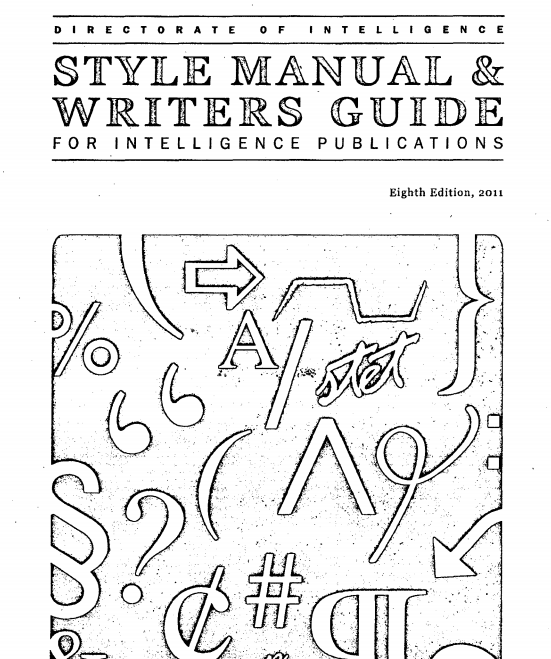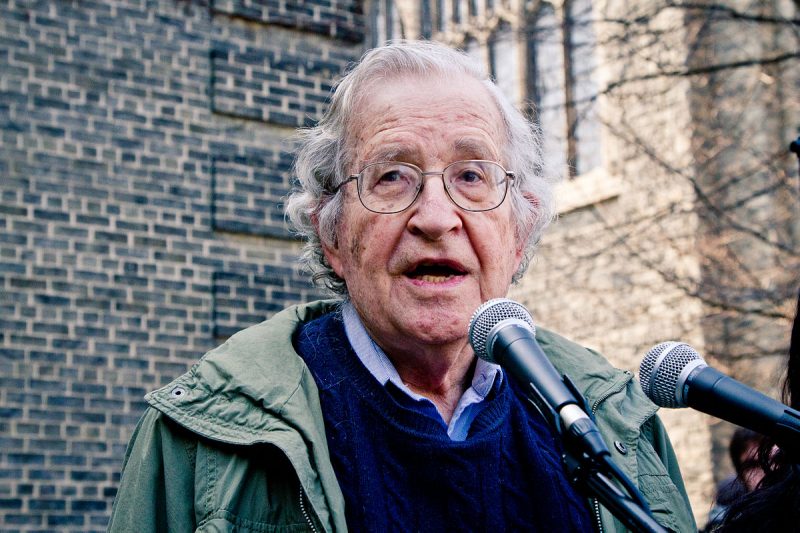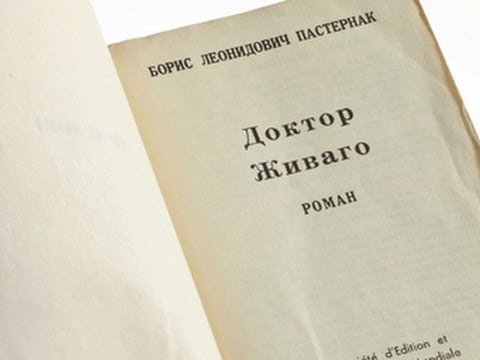Having read almost everything the prolific Fear and Loathing in Las Vegas author Hunter S. Thompson ever wrote, I don’t know if I would call him paranoid, per se. Nor do I know if I would call him not paranoid. He certainly trusted no entity with power, especially not governments, and really especially not the United States government. So by the time September 11, 2001 came around, he had little goodwill to spare for any of the major players involved in its aftermath. “The towers are gone now, reduced to bloody rubble, along with all hopes for Peace in Our Time, in the United States or any other country,” he wrote in his September 12 ESPN column. “Make no mistake about it: We are At War now — with somebody — and we will stay At War with that mysterious Enemy for the rest of our lives. It will be a Religious War, a sort of Christian Jihad, fueled by religious hatred and led by merciless fanatics on both sides.”
A year later, Australia’s ABC Radio National got Thompson’s assessment of the situation. Host Mick O’Regan opens the now famous interview above by asking how he thought the U.S. media had performed in the new post‑9/11 reality. “ ‘Shamefully’ is a word that comes to mind,” responds Thompson. “American journalism I think has been cowed and intimidated by the massive flag-sucking, this patriotic orgy that the White House keeps whipping up. You know if you criticise the President it’s unpatriotic and there’s something wrong with you, you may be a terrorist.” And does he think 9/11 “worked in favor of the Bush Administration?” For Thompson’s full answer, blogger Scratchingdog tracked down the original recording of the interview, not the edited version actually aired on ABC, and heard this:
Oh, absolutely. Absolutely. And I have spent enough time on the inside of, well, in the White House and you know, campaigns and I’ve known enough people who do these things, think this way, to know that the public version of the news or whatever event, is never really what happened. And these people I think are willing to take that even further, so I don’t assume that I know the truth of what went on that day, and yeah, just looking around and looking for who had the motive, who had the opportunity, who had the equipment, who had the will. Yeah, these people were looting the treasury and they knew the economy was going into a spiral downward.
9/11 conspiracy theorists have made much of this response and other Thompsonian analysis found in the unedited interview, going so far as to suggest that maybe — just maybe — the writer died three years later of something other than suicide. Given Thompson’s compulsion to speak truth to power, and sometimes to wave firearms around in front of it, any fan of his work can’t help but harshly scrutinize, and often pre-emptively dismiss, any and all “official stories” they happen to hear. We’ll never know whether Thompson would have approved of the “9/11 Truth” movement in the forms it has taken today, but they do share his spirit of creative distrust. And perhaps a touch of paranoia gave his writing its distinctive verve. Nobody moves into what they unfailingly describe as a “fortified compound,” after all, without at least a little bit of it.
Related Content:
Read 11 Free Articles by Hunter S. Thompson That Span His Gonzo Journalist Career (1965–2005)
Hunter S. Thompson’s Harrowing, Chemical-Filled Daily Routine
Hunter S. Thompson Calls Tech Support, Unleashes a Tirade Full of Fear and Loathing (NSFW)
Noam Chomsky Schools 9/11 Truther; Explains the Science of Making Credible Claims
Colin Marshall hosts and produces Notebook on Cities and Culture and writes essays on cities, language, Asia, and men’s style. He’s at work on a book about Los Angeles, A Los Angeles Primer. Follow him on Twitter at @colinmarshall or on Facebook.




